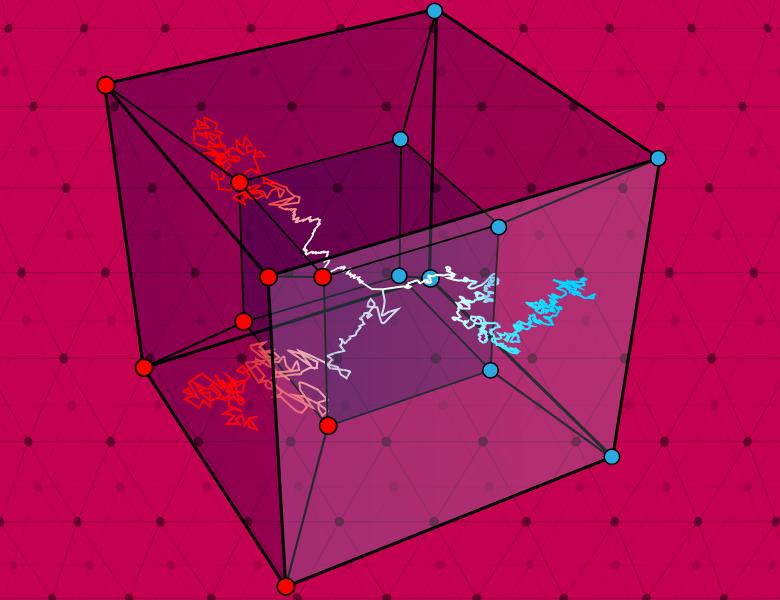
Abstract
The special unitary group is the group of complex matrices $g$ whose determinant is 1 and satisfy $g^*g=I$. In 2007, Gowers posed the problem of determining the largest subset $A$ of SU_n, such that for all $g,h\in A$ their product $gh$ is not in $A$.
A stronger form of this conjecture is known as product mixing. Roughly speaking, it says that if you take two random elements out of sets $A,B$ that are not too small, then their product is uniformly distributed in $SU_n$ in a very strong sense.
The product mixing problem was independently posed by physicists who were interested in showing that their quantum communication protocol exponentially outperforms any classical one.
In the talk, we'll talk about a result of Ellis, Kindler, Minzer and mine that solves the product-mixing problem completely. We show that if $A,B,C$ are subsets of $SU_n$ that have Haar measure $>e^{-cn^1/3}$ then the probability that random $a\in A, b\in B$ satisfy that $ab$ is in $C$ is within a factor of 1.01 of the Haar measure of $C$. Our result is sharp up to the value of the constant $c$ and immediately implies an upper bound of $e^{-cn^1/3}$ for Gowers problem.


